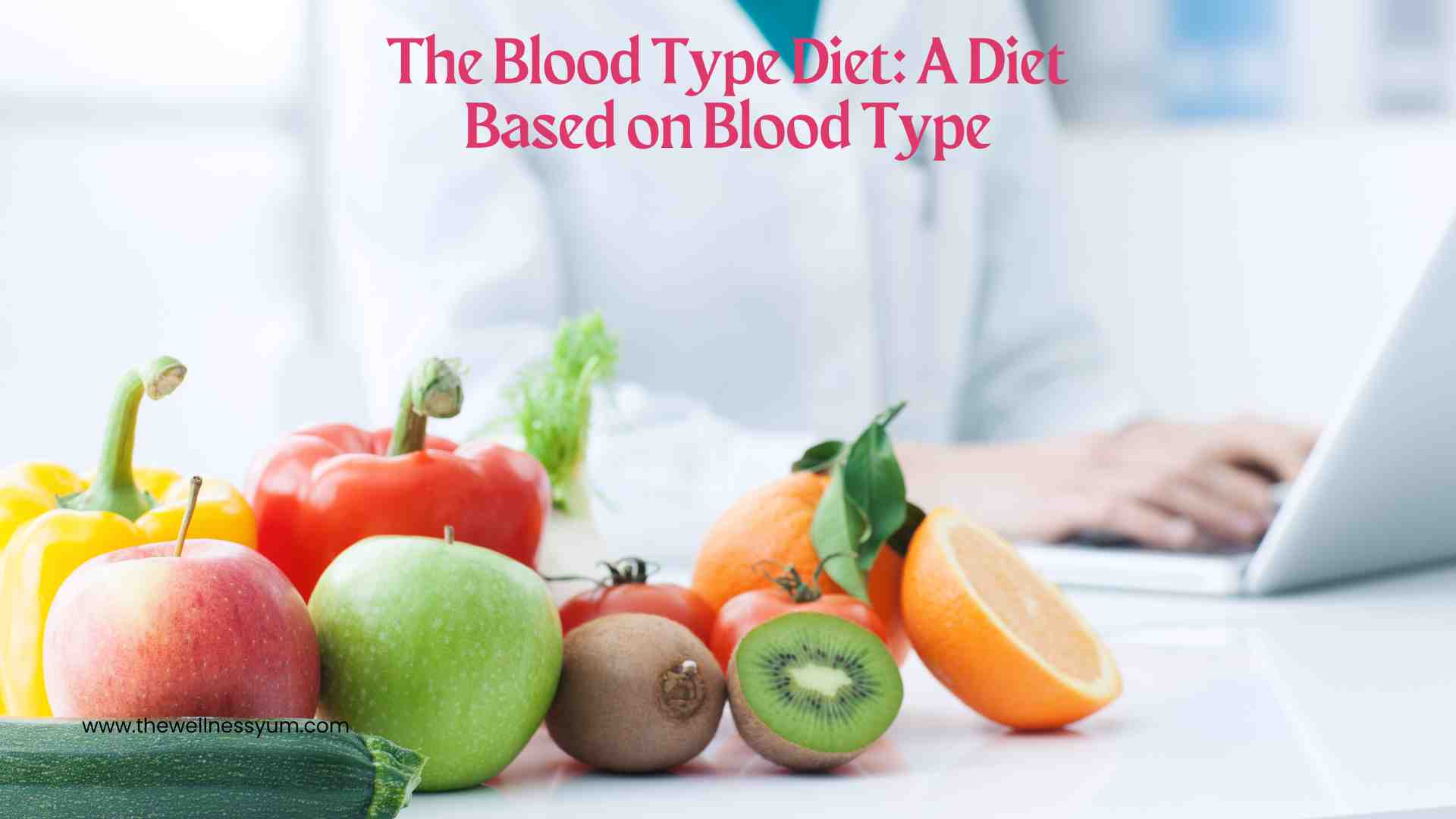
Have you ever thought of eating according to your blood type? Studies show that our blood group is the vital genetic factor influencing several overall health and well-being areas. You might have observed that some people tend to lose weight more efficiently while others struggle to achieve a slim body. Similarly, some people are more susceptible to chronic illness while others stay healthy into their advancing years. Well, this is because of the blood type. There is a close connection between our blood type and diet. Let us discuss the diet based on blood type.
Blood type diet is one of the essential tools in understanding how our body reacts to food, our susceptibility to certain diseases, gut bacteria, and our natural reaction to depression and stress. Our blood type is Just like our fingerprints are unique; a single drop of blood also contains a distinct biochemical makeup. Here we provide information on what to eat based on your blood type.
Type A Blood
Fill your plate with green vegetables, carrots, broccoli, artichokes, garlic, etc. opt for fruits like apples, plums, figs, avocados, berries, peaches, and pears. Usually, type A produces fewer meal-digesting enzymes. Therefore, they should limit the intake of red meat, poultry, and fish. Try getting plant-based protein, such as seeds, soy, bean, and nuts (nut butter).

As type As can easily break down grains, they should include carbohydrates, proteins, bread, cereals, and pasta in their diet. You may also have high levels of cortisol that may result in disrupted sleep, fat gain, muscle loss, insulin resistance, and OCD. Do not skip your meals, especially breakfast, and try to limit sugar, caffeine, and alcohol.
Type B Blood
Choose green leafy vegetables, green vegetables, and fruits like grapes, plums, bananas, and pineapples. Type B blood should fill their plate with lean red meat such as lamb, beef, venison, fish, and turkey. As milk contains sugar, B types should incorporate dairy products such as yogurt, milk, and cheese into their diet. Avoid corn, rye, wheat, and buckwheat, as these food items can alter your metabolization ability. Try to take it a bit easy on grains. Similarly, avoiding nuts and seeds is also advisable. So, watch out for peanuts, sesame, sunflower seeds, etc.
Type AB Blood
Type AB is the rarest blood type among the other groups and is found in less than 5% of the population. Since the ABs share both the traits of As and Bs, they can digest a wide range of food products. ABs have type B’s adaptation to meats. However, they also have A’s trait of low stomach acid. This means meats are often stored in the body as fats. The staples of ABs should include vegetables, turkey, and seafood. They should eat red meat sparingly. Like the b type, ABs can easily digest dairy and process eggs.
ABs have a comparatively weaker immune system. Choose a diet rich in veggies combined with a variety of carbohydrates. Fill up on fresh fruits such as grapes, cherries, figs, and watermelon as snacks. Since you tend to have an alkaline stomach, you may find it challenging to digest acidic foods like oranges. Most favorable are certain kinds of seafood, such as mahi-mahi, salmon, tuna, sardines, and red snapper. Take your carbohydrates in moderation. Avoid buckwheat and corn, as they are difficult to digest. Also, limit all cured and smoked meats, veal, chicken, pork, beef, and shellfish. Do not consume alcohol, especially when under stress.
Type O Blood
Opt for a high-protein diet with lean meat, fish, poultry, and vegetables. Go easy on dairy, grains, and beans. O-type people tend to have stomach problems and other issues. Therefore, experts recommend they use various supplements to help maintain a healthy stomach. Also, try eating seafood, kelp, and salt (all in moderation). This may help lower the levels of iodine and give you proper thyroid function.
Individuals with type O blood may find it difficult to digest dairy, gluten, eggs, wheat germ, and wheat products like bread. Foods like beans and legumes can hamper your digestion by making you retain fluids. You should also avoid cruciferous vegetables such as cabbage, cauliflower, Brussels sprouts, and mustard greens, as they inhibit thyroid function.
When we eat, there is a reaction between the foods and our blood type. If we follow a diet based on blood type, our bodies will digest food more efficiently. This, in turn, helps us to have more energy and resistance to combat diseases.




